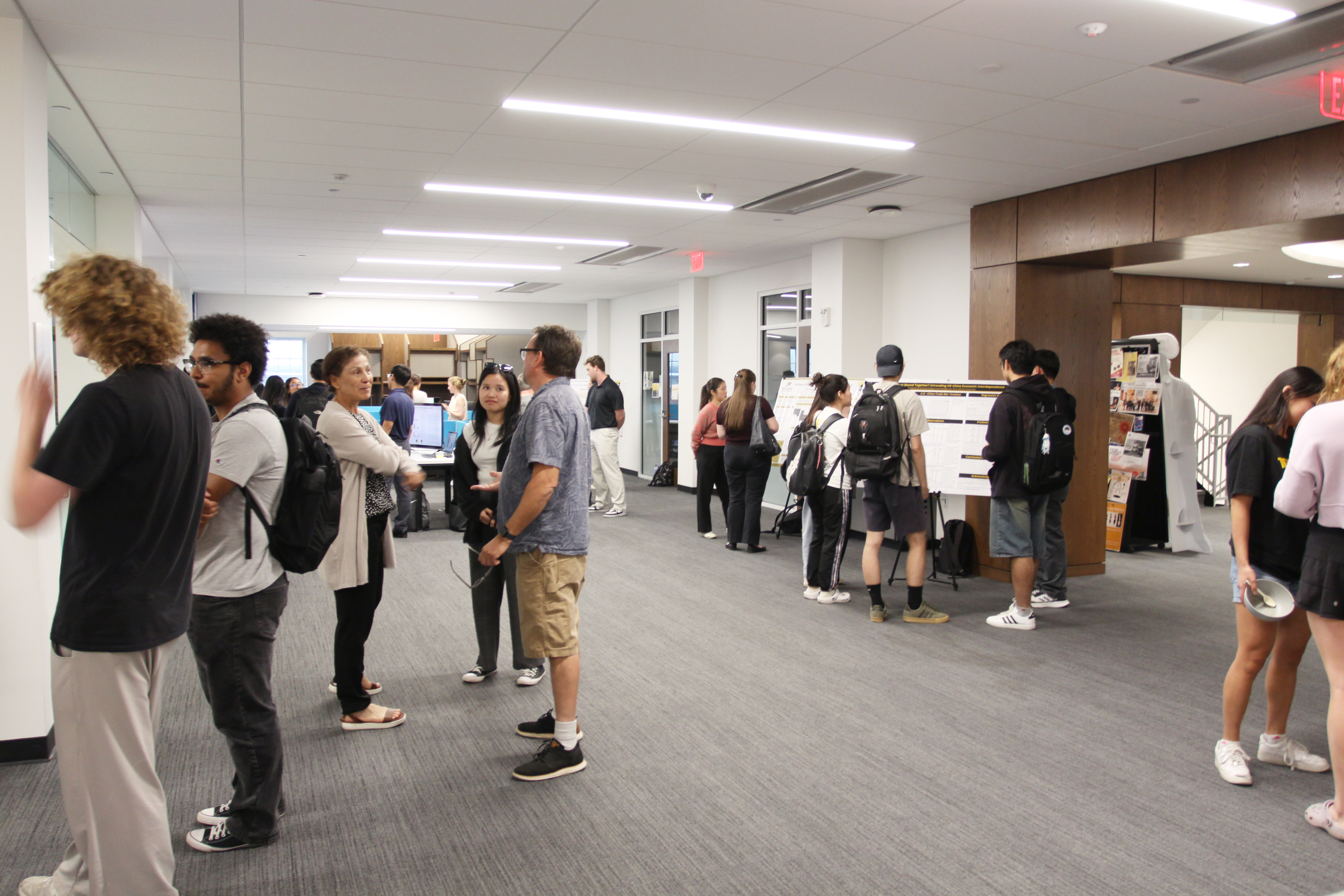Document Type
Article
Publication Date
12-11-2019
Abstract
This paper will delve first into the background information surrounding race relations at the national level, collegiate level, and at DePauw. Next, the paper will investigate how the University started to recruit minority students and faculty as a precursor to campus culture in the 1988-89 academic year of the party and its aftermath. How white people reacted to the event will be put into conversation with Barbara Applebaum’s book, Being White, Being Good. The book tackles how and why white people believe themselves to either be non-racist or unaware of their racist actions. In tandem with The DePauw articles that highlight frustration surrounding the continued coverage of the “Ghetto Party”, the book adds a nuanced, layered argument to the why the racism of the party persisted months after the event occurred. Finally, this paper will end with exploring the origins of black Greek Life on DePauw’s campus and how the “Ghetto Party” had a role in shaping its arrival in the spring of 1991. The party was a culmination of DePauw’s emphasis on diversifying the community combined with students’ lack of racial sensitivity that led to black students forming spaces for their own culture on campus.
Recommended Citation
Rueff, James, "Bursting the Bubble: The 1988 “Ghetto Party” and DePauw’s Problem with Diversity" (2019). Student Research. 20, Scholarly and Creative Work from DePauw University.
https://scholarship.depauw.edu/studentresearchother/20



Comments
2020 John J. Baughman Archives Research Award winner.